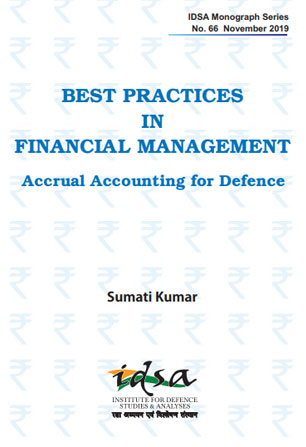India and Israel marked three decades of the establishment of full diplomatic ties in January 2022. In the aftermath of the historic visit of Prime Minister Narendra Modi to Israel in July 2017, India-Israel relations have acquired a new momentum and strategic depth.
Defence and security cooperation have been the mainstays of the partnership. The study notes that India is taking a series of measures to enhance domestic procurement and defence indigenization. Going forward, strategic partners like Israel will be expected to continue to work more closely with the domestic defence industry to fulfil the critical requirements of India’s armed forces.
On reginal security issues like the Iranian nuclear contentions, India has adopted positions largely in opposition to the preferred Israeli policy preferences. India has, however, consistently held that it is opposed to the possibility of a nuclear Iran, given the negative repercussions for regional security and stability, as well as due to the Iran-Pakistan proliferation linkages.
India’s Palestine policy, meanwhile, will continue to be guided by its core principles on the issue, even as the possibility of an independent Palestinian state, living side by side with Israel, looks difficult to materialize in the near to mid-terms. This is even as the schisms within the Palestinian national movement look set to expand in the post-Mahmoud Abbas era.
The book brings to attention the dynamic path India-Israel relations have traversed in the past three decades, encompassing areas of defence and security and high-technology cooperation. New vistas of engagement are being pursued by both countries, bilaterally as well as with other countries. The first I2U2 Summit meeting held between the leaders of India, Israel, the UAE and the US in July 2022 emphasized the geo-economic focus of the unique mini-lateral group. An India-Israel enhanced strategic partnership is a win-win proposition, bilaterally and across regions.










